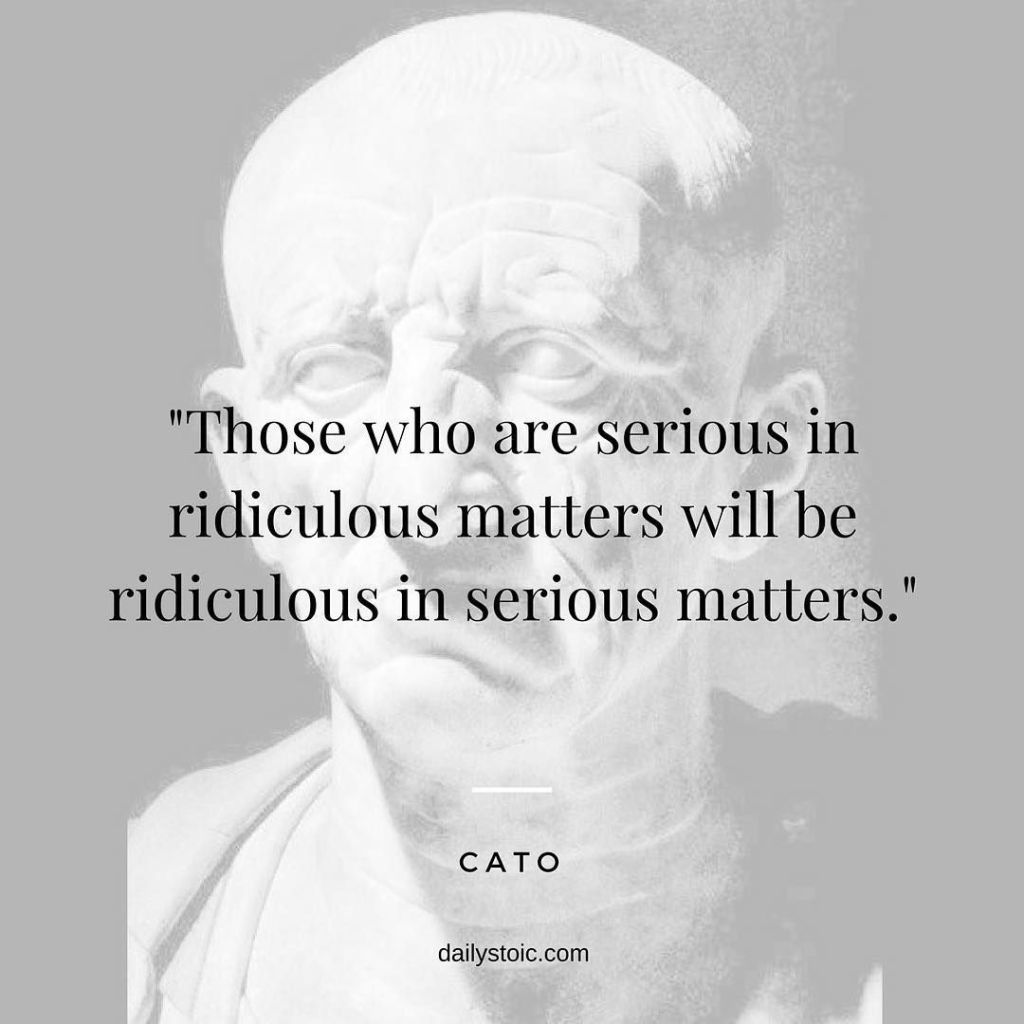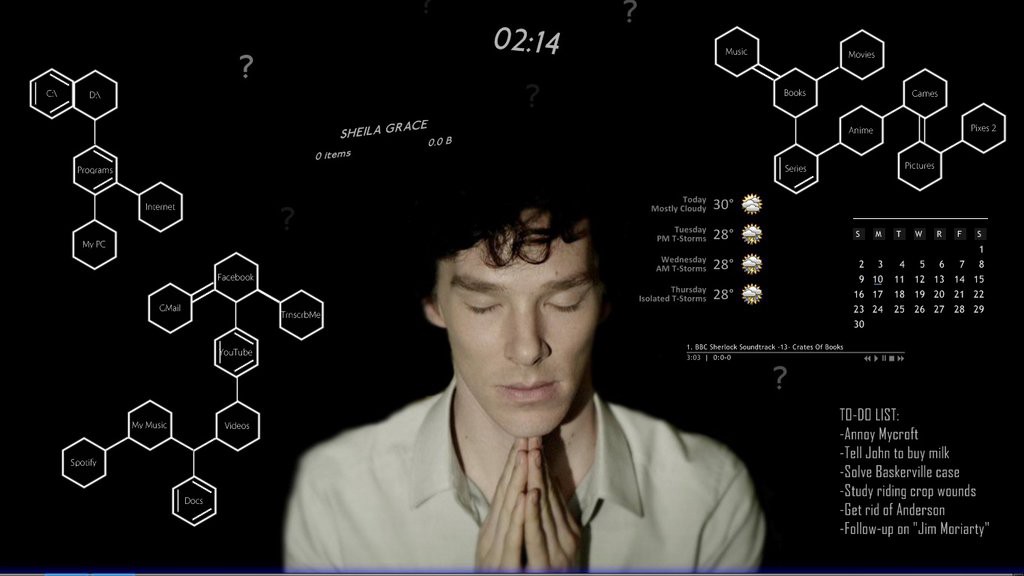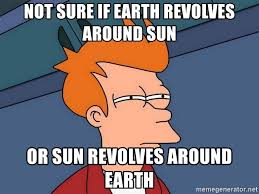
Once upon a time, a middle manager called Niccolò Machiavelli gave some advice which people, ever since, have taken, out of context, as being one of the defining principles of their lives, “Keep your friends close but your enemies closer”. Machiavelli, probably best known for him How To guide to being a badass ruler. This, of course, is me being facetious for if one was to read The Prince one would see that instead of a gangster How To for the great and the good, it is actually a critique of those in power. The book simply offers analysis of what happened and the pros and cons. For example, it will say this person did this and lost their power, instead they should have done that or this person kept power by doing X, Y and Z. That Machiavelli should gain such notoriety and become general wisdom says more about the readers than the author. Proust notes that the truth of a book is in the reader finding their self in the book (note: I once saw someone writing a very long essay to say that Proust was wrong and in doing so, unconsciously, proved Proust to be right) and so that this quote has been given a life beyond itself and entered into popular culture as most greatness does- bastardised and rendered meaningless- is a reflection of the zeitgeist that has prevailed in society since the 15th Century AD at least.
Let us consider how this quotation fits in 15th C onward culture. Machiavelli was the power behind the throne in Medici’s Florence. Machiavelli was embroiled in the age-old tedium that is the lust for power. Here we should note that there is no such thing as power in the general sense. The only power that one has is the power of self, to master one’s own self, but as this is very hard, and improbable, most try to find someone else to think for them and so the majority of people end up defining themselves, or more accurately, being defined, by others. And thus, the power struggle between people is born. In a culture where one feels that one’s value only stems from others, one is constantly fighting to try to be of value and to prevent others from obtaining that which they heedlessly and superfluously desire.
Mull on that for a moment. If a person feels that their only value comes from without and they are worried that others may achieve the value they themselves seek, what kind of mindset must this create? We all know the fable of Damocles, a man who desired to be king and became king. As he sat on the throne, he looked up and saw a sword hanging by a fraying thread above his head. Thusly he realised that once you gain power, the anxiety does not go away, rather it is enhanced for those who lust for power and gain power fear only one thing- losing that power. This is the inevitable consequence of letting yourself be defined and subsequently defining yourself by others. And so, this mindset of, let’s be honest, paranoia permeates through a person’s being and goes on to define their interactions with others. Henry David Thoreau once wrote that, “The mass of men live lives of quiet desperation” and this quote may be seen as linked with the desire for external validation for if one is constantly seeking validation from without then this must create a desperate mindset, even if it is masked by a general misunderstanding of the notion of ‘Sanity’ (see Erich Fromm’s The Sane Society). If one is leading a life of quiet desperation and is paranoid about how they are defined by others then their lives will unconsciously become built around this fear, this negative mindset. In such a mindset one is less likely to be able to enjoy their lives as their lives will be filled with constant anxiety. We all know the notion of envying another’s success, indeed it has oft been noted that one attribute of great people is the ability to enjoy another’s success without resentment and envy, due to, as we have mentioned before, external locus of identity. And so, out of anxiety and, possibly, self-loathing, one keeps one’s enemies close certain that they will plot against them as that is what they themselves would do. If this is not a damning indictment of society, I do not know what is.
However, if we look through history for the truly great people, the kind of people who do not become part of the common vernacular as their truth is not seen by the reader, then we find that people who do not live by Machiavelli’s notion often have harder lives, as Johnathan Swift quipped, “When a true genius appears, you can know him by this sign: that all the dunces are in a confederacy against him.”, yet these lives seem to be more fulfilling, stemming from two things- self-definition of value and seeking the company of those likeminded. If you are one who has self-belief and defines one’s self internally then what happens without will have little or no impact. When King Dionysius of Syracuse (aka Dionysius the Tyrant) was entertaining the Greek philosopher Plato, he said that Plato was so polite but he was sure that once Plato was back at his academy with his fellow philosophers, he would have less pleasant things to say about him. Plato paused from his eating of olives and smiled and replied, Oh King, I sincerely hope that conversation becomes so sparse that we even have to mention your name. (Note: Dionysus exiled Plato and arranged for him to be assassinated. However, Plato’s friends interceded on his behalf and arranged for the sentence to be lessoned to just being sold into slavery).
Machiavelli’s words only hold truth in a society in which people live in quiet desperation and anxiety and for a person to be healthy, and for a society to be wise, one should find truth in the writings of the great people who aim to elevate themselves, and by extension, us and find value within as opposed to seeking it without for as the King of the Festival of Wine and Fun, Arthur Schopenhauer, noted; “It is difficult to find happiness within oneself, but it is impossible to find it anywhere else.”
And so, to leave you with the comedy stylings of Epictetus,
“If anyone tells you that a certain person speaks ill of you, do not make excuses about what is said of you but answer, “He was ignorant of my other faults, else he would not have mentioned these alone.”
‘till next time
———————————————————–
Bonus Post:
Jokes, Slaps and Other Ridiculous Things
———–

The Roman Senator, Cato the Elder, grandfather of Cato the younger who opposed Caesar, once said that ‘Those who are serious in ridiculous matters will be ridiculous in serious matters’. What does this mean? Well, imagine, for example, that there is a live global television show. On the show someone makes a joke at the expense of how someone who is suffering from an illness looks. Someone then comes to the defence of the victim by slapping the perpetrator. Here we have a very simple situation. On one hand we have an attack based on appearance of a sick person and on the other we have a slap as response to the bullying. Simple? Absolutely which is why the organisation (the Academy Awards), the media and many of society condemned the person slapping the other, so much so that they apologised. If appearances weren’t important to people, then you wouldn’t have a multi-billion-pound industry built around people desperately trying to look the same (fashion) and you wouldn’t have people at award shows dressed in tuxedos and the skin colour of the presenter of the show wouldn’t be a topic of ‘high-minded’ debate.
If this is so, why could such an act- a violent attack on a person resulting in a slap- spark so much condemnation of the person leaping to the defence of a victim? The answer is two-fold.
1) People who have experienced discrimination based on appearance have not learnt and grown from the experience. One might think that they might become ‘Woke’ i.e. understand that discrimination causes serious problems, e.g. suicide from bullying, and develop empathy.
2) People see the world as their mirror and they see that they themselves would act as the presenter acted in attacking another based on their appearance, and so invoke ‘cancel’ culture to protect themselves from the truth that they are, indeed, not who they like to appear, even to their selves (so appearances are important?!) rather they are small minded petty people, ridiculous people who conform not only to a paraphrase of Nietzsche, ‘Sometimes people don’t want to hear the truth because they don’t want their illusions destroyed’, but also the words of Cato, ‘Those who are serious in ridiculous matters will be ridiculous in serious matters.’
‘till next time



